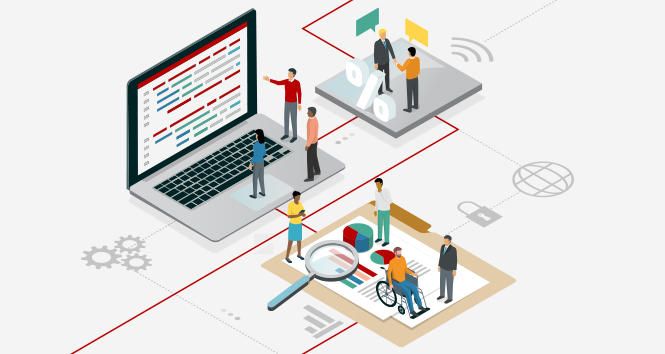About the European Social Survey European Research Infrastructure Consortium (ESS ERIC)
The European Social Survey (ESS) is an academically driven cross-national survey that has been conducted across Europe since its establishment in 2001. Every two years, face-to-face interviews are conducted with newly selected, cross-sectional samples.
The survey measures the attitudes, beliefs and behaviour patterns of diverse populations in more than thirty nations. The main aims of the ESS are to:
- operate a Research Infrastructure providing high quality data measuring change (and stability) over time within and between European countries in their living conditions, social structure, public opinion and attitudes;
- practise and promote the highest scientific standards in cross-national comparative research in the social sciences;
- continue the development of ESS infrastructure through ongoing methodological research and innovation;
- facilitate training in the effective use of ESS data;
- ensure the visibility, accessibility and reach of ESS data among researchers in the social sciences and beyond, policy makers and the wider public, at both the national and international level.
The ESS data is available free of charge for non-commercial use and can be downloaded from the ESS Data Portal.
The ESS ERIC subscribes to the Declaration on Ethics of the International Statistical Institute.
In 2005 the ESS was the winner of the Descartes Prize for Research & Science Communication.
Following an application to the European Commission which was submitted by the UK on behalf of 14 other countries, the ESS was awarded European Research Infrastructure Consortium (ERIC) status on 30th November 2013.
The ESS was awarded the 2020 Lijphart/Przeworski/Verba (LPV) Dataset Award 2020 by the Comparative Politics Section of the American Political Science Association (APSA).
The Director of the ESS ERIC is Professor Rory Fitzgerald and the ESS ERIC Headquarters are located at City St George's, University of London.
The ESS has already established itself as a critical pillar of the European Research Area. In addition, its methods and methodological research programme ensure that the infrastructure remains ‘state of the art’ and helps to position Europe as a global leader in terms of comparative social science.
Professor Rory Fitzgerald ESS ERIC Director
What is the ESS?

ESS ERIC Prospectus
The main ESS Prospectus includes information for countries who are interested in participating in our survey.
A revised version of the ESS Prospectus was published in March 2024.
Select a language to download the PDF

Contact
ESS ERIC Headquarters
ess@city.ac.uk
T: +44 (0)207 0404901
